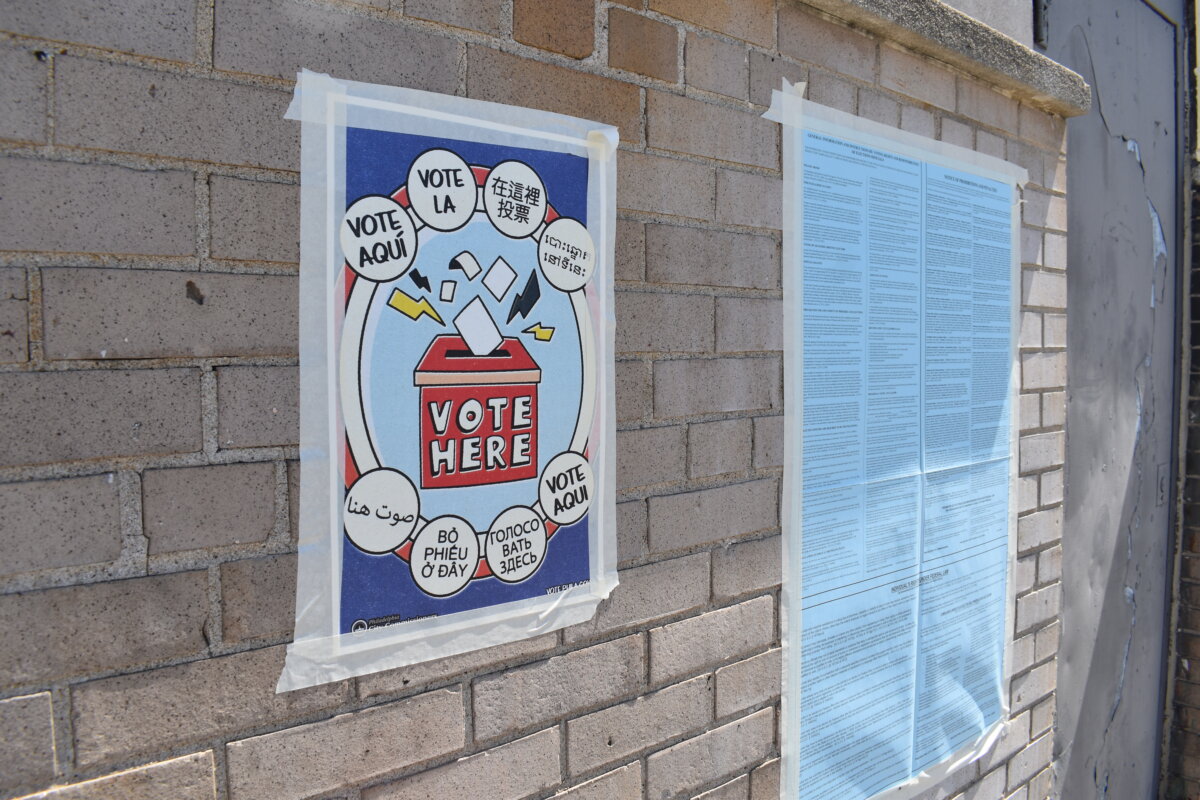Nine graduate students from Simon Fraser University are among 250 students across Canada who received a prestigious research-related travel grant from the federal government.
The Michael Smith Foreign Study Supplements (MSFSS) are awarded to top scholars in their respective fields to offset travel and accommodation costs while working abroad on their master’s or doctorate research.
Each of the nine SFU grad students who were awarded the $6,000 grant will take to their work around the globe, from Latin America and Europe, to Asia and Africa.
Their research spans a wide range of issues and disciplines including psychology, biological and health sciences, Latin American studies, computing science, English, sociology and archaeology.
Sarah Bull, one of the recipients, will be traveling to London in October for eight months for her PhD research in English on 19th century obscenity and sexual identity in Britain.
She will be looking at the connection between obscene fiction and the scientific studies of sexuality called sexology at the time.
“Ultimately what my project is aiming to do is to discover how these bodies of written work impacted the development of the western notion of sexuality as an important aspect of personal identity,” Bull said.
Latin American studies MA student Perry Stein will be studying urban social exclusion and the effects of urbanization in Quito, Ecuador.
He says Latin American cities and the developing world are dealing with an economic framework that is concerned with profit maximization and economic efficiency. Often, the poor or indigenous people are excluded in the process, he said.
“These are things every city has to deal with. It’s a very hard thing to balance economic development, which is necessary to help a city grow to be successful and prosperous and to help its citizens because you can’t help them without money,” Stein says.
He says he hopes to continue to work with urban issues in the future.
“The part of the study that is most important is that Quito is a case study and the processes that are happening in Quito – the relationship between urban development and social exclusion — these are things that are happening everywhere,” Stein said.
Emily Darling, a biological sciences grad student at SFU went to Kenya for eight months to study the multiple stressors on coral reefs.
“I am studying the impacts of climate change on coral reefs in Kenya and the western Indian Ocean. My research looks at the resilience of corals, and if reefs protected in marine reserves are more resilient to climate change and coral bleaching than fished reefs,” Darling said in an email from Rwanda where she is currently working.
“We are finding that fished reefs composed of tolerant and hardy coral species appear more resistant to climate change than corals within marine reserves,” said Darling, who will be returning to Vancouver next month.
The three federal agencies that contributed to the grants amounting to $1.5 million in 2009 are the Natural Sciences and Engineering Research Council (NSERC), the Social Sciences and Humanities Research Council (SSHRC) and the Canadian Institutes of Health Research (CIHR).
















